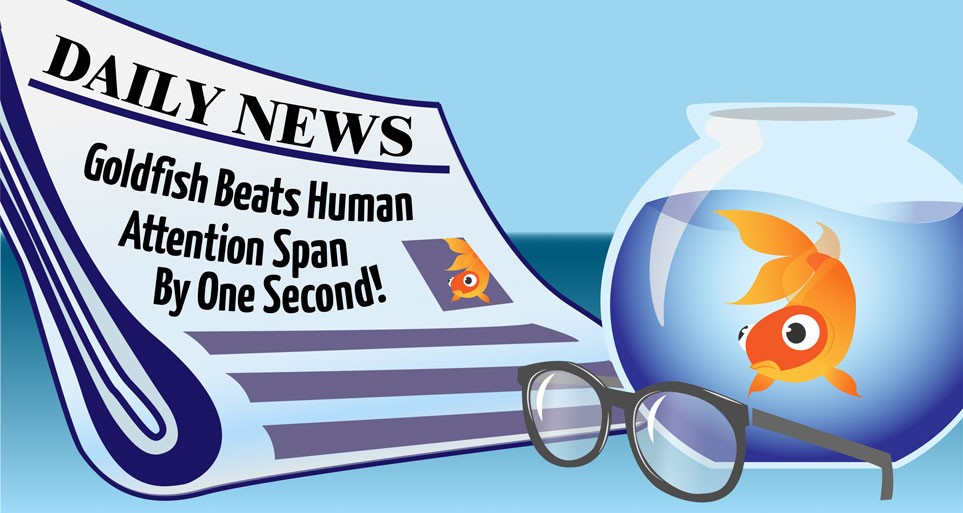You have a BIG cognitive degradation problem...
And merely turning off your smartphone won’t solve it.

(this post is my own comment to this extract of the upcoming book titled “Stolen Focus: Why You Can’t Pay Attention” by Johann Hari)
Your attention was stolen
The book is about how and why everyone is losing their capacity for concentration. As one of many examples, Hari describes a couple a couple he met, in front of a tourist attraction, looking at a picture of that attraction on a tablet screen, instead of enjoying the real thing they had around them.
The main, hard to reject points of that book are (for details, read the Guardian excerpt):
- regardless of what we believe, the reality is that our capability to do real brainwork (of whatever kind, not necessarily study!) can be reduced as much as 20% by addictive online activities, because human brains are “very, very single-minded” and can only produce one or two thoughts" at once
- many factors that have been proven to reduce people’s ability to pay attention have been rising in the past few decades - sometimes dramatically
- the end result is that “There is no way we can have a normal brain today”
The really important conclusion is a repetition of a principle already widely discussed on this website, and by many, many others before me: you can’t escape from this trap alone.
Hari thought all he needed was personal action, as in “be more disciplined, and banish your phone”. For a few weeks it worked great. Then…
Then, one day, he saw someone holding a smartphone and…
“the itch [he] felt was to yell: Give me that phone! Mine!"
The painfully obvious reason was that “after the rhetorical heat of social media, ordinary social interactions seemed pleasing but low volume. No normal social interaction floods you with hearts."
that is, as it happens with all drugs, the fake thing felt better than the real thing. Because it is deliberately made to be so. End result, after a few months that author was back to four hours of screent time every day.
You can’t save yourself alone
That’s the problem with only turning off one’s smartphone (which does not necessarily means “not having a smartphone”): as good and necessary as it is, it “creates a vacuum where all the noise was” and it is a vacuum that cannot be filled by individual abstinence, that would be, Hari says, like wearing a gas mask to eliminate air pollution. Or trying to lose weight by jogging or cycling… in cities made only for cars.
Getting all our brains back is necessary to solve together the urgent problems of our times. But we cannot get there without two things:
- one is what is described (also) in that book excerpt: environmental measures, from the “right to disconnect " (that is, to not be reachable by work communications outside working hours) to making addictive, politically extremizing social media unprofitable
- the other is the acknowledgment that turning digital distractions off makes is much harder, if we don’t fix what we see around us when we turn the distractions off
My own executive summary
We are losing the attention to think and feel clearly because life sucks, which happens because we are accepting to lose our attention and will inside social media, instead of doing real work, TOGETHER.
Yes, it’s so simple it’s trivial. The fact that it is necessary to repeat this daily is just one more proof that we are all losing our attention and capacity to think clearly.
Who writes this, why, and how to help
I am Marco Fioretti, tech writer and aspiring polymath doing human-digital research and popularization.
I do it because YOUR civil rights and the quality of YOUR life depend every year more on how software is used AROUND you.
To this end, I have already shared more than a million words on this blog, without any paywall or user tracking, and am sharing the next million through a newsletter, also without any paywall.
The more direct support I get, the more I can continue to inform for free parents, teachers, decision makers, and everybody else who should know more stuff like this. You can support me with paid subscriptions to my newsletter, donations via PayPal (mfioretti@nexaima.net) or LiberaPay, or in any of the other ways listed here.THANKS for your support!